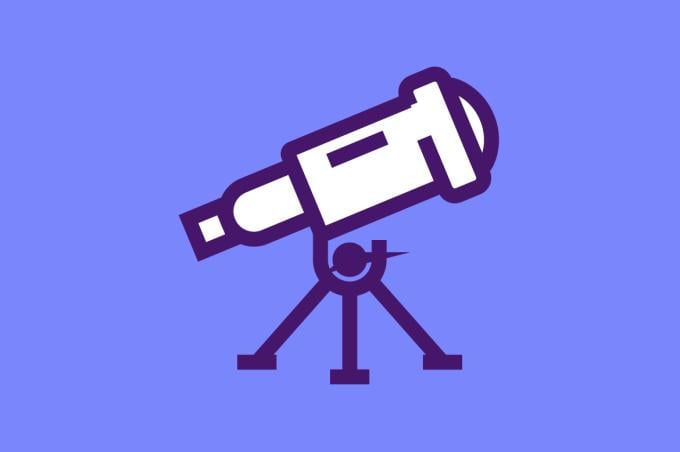The coronavirus pandemic presents a challenge unlike anything we’ve faced in this country for generations. But to be clear, COVID-19 didn’t create the problems in our health system, it revealed them in a way that can no longer be ignored.
The U.S. health system that exists today is a hodgepodge of ideas, programs and regulations that is both extraordinarily expensive and highly inefficient. And despite its size and technological advancements, our health system is beset by tremendous gaps and inequities that favor some groups while unfairly disadvantaging others—minoritized communities, people living in rural areas, and people who are unable to afford or access health insurance, just to name a few.
As we have seen throughout this pandemic, these and other underlying factors result in some people being disproportionately affected by the dangers of COVID-19, just as it makes them more susceptible to the dangers of chronic conditions, such as hypertension and diabetes, that are by far the largest drain on our health system.
COVID-19 is a crisis because the threat to public health, our economy and our way of life is immediate. But eventually—thanks to the heroism of physicians, nurses and all frontline caregivers, public health officials, and the tireless work of scientists and researchers to develop a vaccine—this nightmare will come to an end. Whenever that day arrives, we’ll be left with the realization that much about our health system is failing the very people it’s supposed to serve—the public.
Put another way, the U.S. health system has pre-competitive needs that must be addressed regardless of the type of system we have in place a decade from now. Among them:
- Realigning our health system around the need to prevent and treat chronic disease, which affects some 100 million people in the U.S. and represents more than 80 cents out of every dollar spent on health care.
- Solving the dilemma of data liquidity so that information can more seamlessly be shared across systems.
- Training our physician workforce for the challenges of the 21st century, not the 20th.
- Eliminating needless paperwork and regulatory burdens that are obstacles to efficient, high-quality care.
- Working with purpose to root out racism inside the halls of medicine and to identify and eliminate systemic inequities that are most responsible for poorer health outcomes for Black and Brown communities.
These needs have existed long before the COVID-19 pandemic captured our attention and they will persist far into the future unless leaders in health care, business and technology work collaboratively to disrupt the status quo and chart a new course for our country’s health system—a system that is affordable, efficient and accessible for everyone.
Over the next several months, I’ll be publishing columns on LinkedIn to talk about the pain points of our health system in the COVID-19 era and talk about where we should be focusing our attention to fix our health system.
The American Medical Association has been a leading force to reform and improve our health system for 174 years, and our strategic priorities today reflect the realities of modern medicine and where it needs to go in the future. Our work is focused on removing the obstacles that interfere with patient care, driving the future of medicine by reinventing medical education and training, and improving the health of the nation by leading the charge to prevent chronic disease and emerging health crises.
The urgency of COVID-19 and the immense challenges that have come with it, tell us that we’re on the right path. This pandemic offers a stark reminder of the persistent inequities in health care and in society that demand our attention and focus to solve. It reminds us that even the best-trained and most-experienced physicians need the right tools, equipment and support to deliver the very best care to patients. And it reminds of us the importance—and urgency—of prevention, whether its routine check-ins to treat high blood pressure or simply wearing a mask in a crowded supermarket.
This pandemic is a watershed moment in American history, one we must seize upon to fix the most glaring problems in our health system. We can’t ignore one health crisis for the sake of another.




